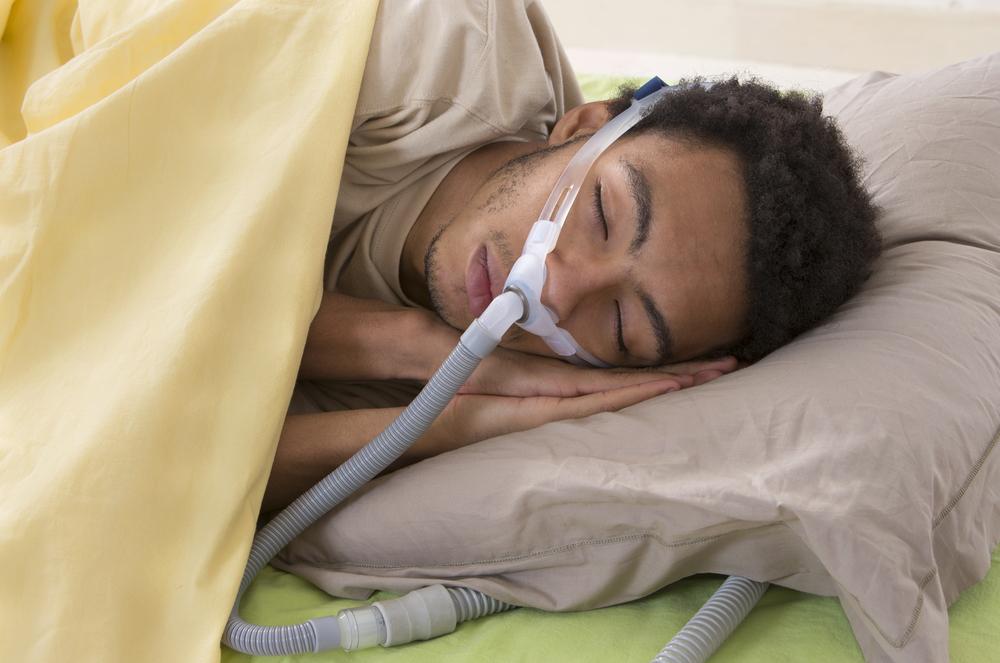
Treatments for Sleep Apnea and Snoring
Sleep apnea is a common yet serious sleep disorder causing breathing to stop repeatedly during sleep. The pause in breathing could be 10 seconds or longer, and can occur 30 times or more in one hour.
Sleep apnea affects nearly 30 million people in the U.S., and often leaves individuals feeling exhausted during the day, has negative impact on mood, and is dangerous for overall health.
Sleep apnea exists in 3 types:
- Obstructive sleep apnea
This most common form of sleep apnea affects approximately 4% of men and 2% of women. It’s caused by complete or partial blockage of the airways during sleep, and followed by snoring, loud gasping, choking, or snorting sounds.
- Central sleep apnea
This type of sleep apnea occurs when the brain temporarily stops sending signals to the muscles that control breathing. This less common sleep apnea is the result of medical problems and conditions that affect the brain stem (i.e., tumor, infection).
- Complex sleep apnea
This form is an amalgamation of both the obstructive and central sleep apnea symptoms,which may include:
- Fatigue or exhaustion despite getting 7- or 8-hours of sleep
- Irritability
- Waking up with a dry mouth
- Morning headaches
- Attention, concentration, and memory problems
- Sexual dysfunction or decreased sex drive
- Depression
- Extremely loud snoring
- Shortness of breath, weakness, and numbness in body
- Voice changes and problem with swallowing
- Repeated pauses in breathing
- Excessive daytime sleepiness
- Insomnia
Treatments for sleep apnea
The following are the treatment options available for obstructive apnea:
- Maintain a healthy weight
Sleep apnea patients can help themselves by shedding those extra pounds, as obesity increases the risk of airway obstruction. By reducing weight, people can escape upper airway surgeries or long-term CPAP therapy.
- Change sleep position
By changing your sleep position, you can reduce sleep apnea symptoms. The supine position (which is sleeping on your back) can worsen symptoms, as it can block your airways and cause extreme snoring. Sleeping on your side can help.
- Avoid alcohol and smoking
These lifestyle changes help improve health and encourage better sleeping habits. Both alcohol and tobacco use can cause blockage or inflammation in the airways, thus making your snoring and sleep apnea worse.
- Humidifier
As dry air enhances respiratory problems, you can use a humidifier to open your airways, decrease congestion, and to get rid of associated sleep apnea.
- Continuous positive airflow pressure
CPAP is the most common treatment available for treating moderate to severe obstructive sleep apnea. A constant stream of air is provided using a mask-like machine that covers your nose and mouth so that the breathing passages remain open while you sleep.
- Dental devices
Mandibular repositioning device and the tongue-retaining device are the 2 common dental devices.
- Sleep apnea implants
These pacemaker systems are implanted to keep muscle airways open.
- Surgery
The size of the airway is increased through surgery to keep sleep apnea episodes at bay.


